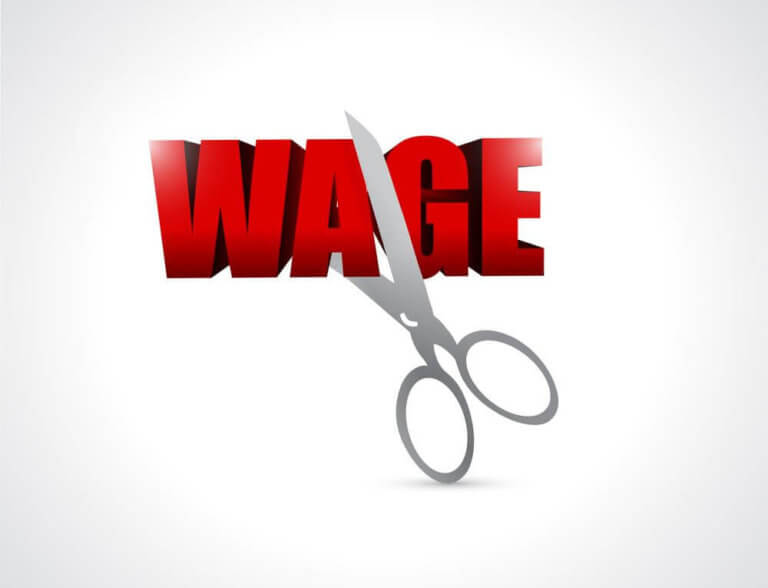Bankruptcy is a terrifying word for anyone who has ever even been close to filing for it. When you experience a workplace injury, the creeping presence of bankruptcy can suddenly become uncomfortably close. However, there are benefits, tools, tips, and lifestyle changes you can use to avoid this tragic financial situation. To help you stay afloat financially, here are five tips to avoid bankruptcy after a workplace injury:
1. File a Workers’ Comp Claim
While it may seem like a no-brainer, many people fail to file workers’ comp claims after experiencing a workplace injury. Almost all employers are required to have workers’ comp insurance claims (either through the state or a private entity), so you deserve to use this benefit to stay afloat as you heal from your workplace injury. If you’re finding it difficult to file your claim, or if your boss is trying to keep you from filing a claim, it’s worth getting a quality workers’ comp attorney involved in the situation.
2. Consolidate or Settle Debts
If you want to stay on top of your finances and avoid bankruptcy as you recover from your workplace injury, you need to seriously consider any avenues you have for consolidating and settling debts. You can look into lowering interest rates on your loans, and if you pay them all off, your credit will likely be in a position where you can borrow a loan that will help you stay far away from bankruptcy territory. With debt settlement, you’ll want to contact a quality debt relief company to help you reduce your debts. Depending on the nature of your debts, and whether you’re a veteran or disabled, you may even qualify for special forgiveness plans in some states (or through federal programs). By using both of these strategies in tandem, you can strengthen your financial situation significantly.
3. Maximize Your Income
Although it may seem difficult to swing, there are some nifty ways you can maximise your income and avoid bankruptcy after a workplace injury. Finding secondary work that you can do while you heal is your best option. There are tons of online job sites that are dedicated to remote work, after all. If you’re able to drive, there are many freelance gigs available to you as well. While this option may not be accessible to everyone who has suffered a workplace injury, it’s one of the most effective ways to fight off bankruptcy in today’s economic landscape. Additionally, you should consider selling any valuable items you have that you no longer need or want. Almost everyone has some type of expensive gadget or piece of furniture that they rarely use, after all.
4. Create a Budget
Budgeting is the absolute best way to get control of your finances and can help you live within your means. Without a solid budget, and without the drive to follow it, you’ll get uncomfortably close to filing bankruptcy. There are many ways you can handle budgeting, and there are many online websites and services that can help you determine your best budget options. Be sure to allow yourself money for self-care and hobbies, but make sure you’re prioritising your financial stability above all else. You can expand your budget by cutting down on expenses as well, especially if you’re able to downgrade to a smaller living space, a cheaper car, or if you’re able to make some other type of drastic budgetary cut.
5. Cut Spending on Subscriptions
In today’s world, we all have at least one subscription. Whether you’re subscribing to music or movie streaming services, you’re spending at least a solid chunk of your expendable income on subscription services every month. Many of us are even paying for subscriptions that we had no idea we had! Scanning through your monthly bank statements can help you ensure that you’re not wasting money on rarely-used or never used services. If you want to get your finances under control and avoid bankruptcy, you may have to make some tough cuts (but it will be worth it once you finally get your financial situation back under control).
Reclaim Your Financial Stability
With these five tips, you can quickly reclaim your financial stability. Budgeting, debt consolidation, spending cuts, workers’ comp benefits, and investments can all help you boost your credit and avoid bankruptcy. Ultimately, these actions are an investment in your financial future.

























